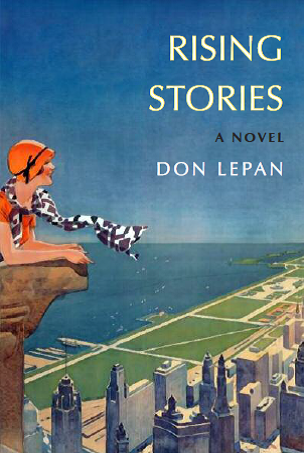This is a ridiculous point to waffle on: pet cats should no more be allowed to roam around at will than should pet dogs, horses, pythons, or pot bellied pigs.The reason is that domestic cats are alleged to be responsible for the deaths of "up to 4 billion birds" annually in the US.
That figure comes from a 2013 Smithsonian Biology Institute study, conducted under the direction of Marra. Previous estimates had been in the range of 500 million birds; Marra's study put the range at "between 1.3 billion and 4.0 billion." Marra is clearly not impartial on this issue, and so far as I'm aware, neither the 1.3 billion nor the 4.0 billion figure has subsequently been given credence by other scientific studies. But let's say that his numbers are accurate--and then let's ask where our efforts to save birds and other animals should be concentrated.
On the one hand we have a species--the domestic cat--that is by nature carnivorous. The digestive systems of cats, biologists tell us, are such that these animals cannot choose not to eat the flesh of dead animals. If a domestic cat does not catch and kill its own meat, then it must be fed meat from animals that we humans have caused to have killed. One way or another, it must be a carnivore.
On the other hand we have a species that can choose to abstain from eating other animals (and that will be perfectly healthy if it does so--indeed, much more healthy than if it consumes animal products). Yet most members of this species choose a diet that involves the wholesale killing of members of other species. Moreover, in order to minimize their own expenditure, they confine the animals whose flesh and milk they will consume, keeping them in horrific conditions throughout their lives.
The species that must eat meat is said to be responsible for killing between 1.3 and 4 billion birds in the United States annually.
The species that can choose not to eat meat or other animal products is quite certainly responsible for killing more than 18 billion birds annually in the United States--plus hundreds of millions of cows, and pigs, and other animals. And virtually all of those 20 billion or so animals are subjected to horribly cruel treatment through their lives before the humans have them killed.
Is there a priority here? Of these two species, which should we focus on if we are trying to reduce suffering for other species?
The issue of cats killing and eating birds is not trivial. But it pales beside the much, much larger issue of humans killing and eating birds and other animals. Before we blame humans who choose to keep cats who will sometimes kill and eat birds, let's put the larger share of blame where it belongs--on humans who choose to kill and eat birds themselves, and to kill and eat other animals, all of it cruelly, and all of it utterly, utterly unnecessary.





its not like theres many natural predators killing the birds anymore i dont see the problem with cats following their instincts.
ReplyDelete